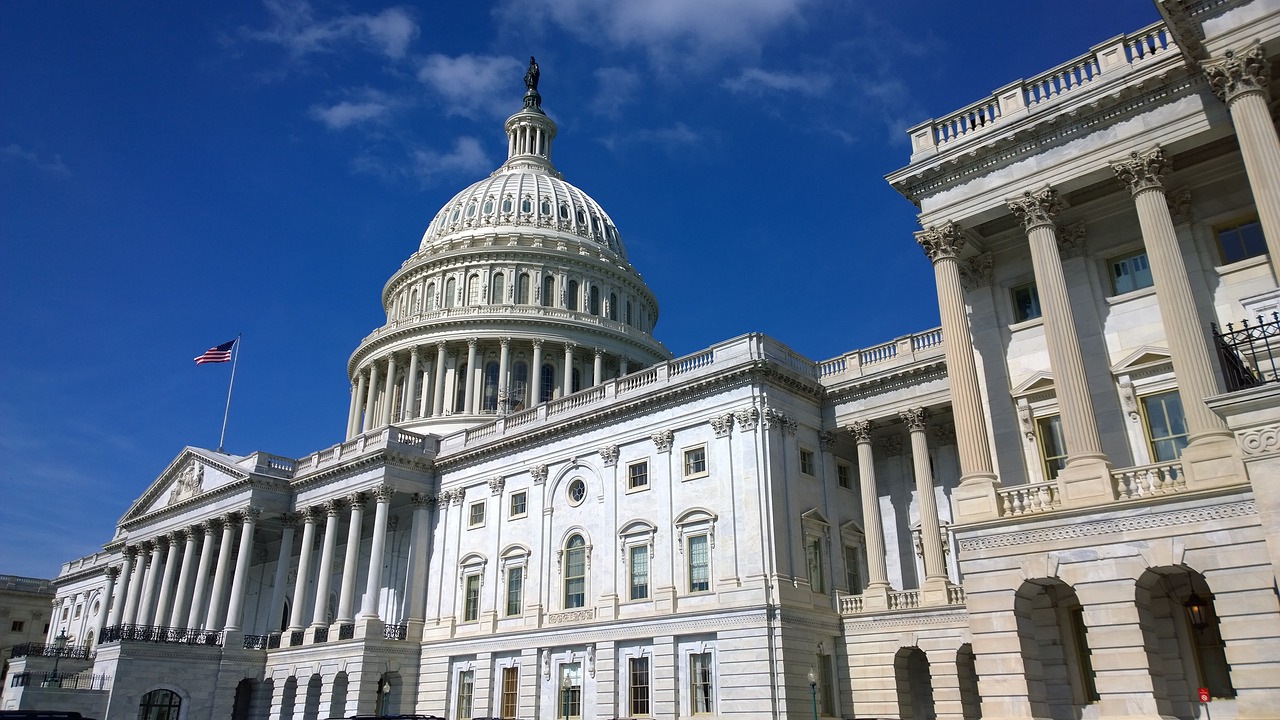By Lisa Jacobson, President, BCSE
The Inflation Reduction Act (IRA) is the most sweeping legislation to pass the Senate to address climate change to date, both in terms of emission reductions and improving the nation’s energy infrastructure and resilience. The bill embraces a bold and broad-based approach, with transformational clean energy, energy efficiency and climate change policies, and long-term tax policy certainty for businesses. These provisions provide new tools to fight inflation, reduce the cost of energy for American families and businesses, and create good paying jobs in every state.
As we all wait for the House of Representatives to take up the IRA, BCSE is reflecting on the enormous amount of research, work, coordination, and compromise that brought us to this stage. But the law-making process still isn’t complete, and we are calling on Congress and the President to get this important legislation over the finish line.
This comprehensive bill includes many provisions concerning health care, prescription drug prices, and the IRS, but climate makes up the largest share of the bill’s provisions, with nearly $370 billion going toward climate change, clean energy and energy efficiency funding. True to the bill’s name, these clean energy provisions will lower costs rather than contribute to inflation. The IRA will lower residential electricity bills, home heating costs, and the price of gas and diesel, which would reduce household energy costs by an estimated $730 to $1,135 per year, according to the Rhodium Group.
The IRA’s funding will also boost clean energy jobs. Already, clean energy industries represent the growth sectors of the U.S. energy economy. Nearly every state saw positive job growth in 2022 from the expanding clean energy economy, coupled with recovery from job losses during the COVID-19 pandemic. Over 3 million Americans are working in clean energy, and wind and solar are among the fastest-growing occupations in America. The IRA will further accelerate this transition.
The IRA clean energy investments that will propel this transition include:
- Energy efficiency incentives. The IRA restores and greatly increases energy efficiency tax credits like 25C that will financially encourage homeowners to invest in energy-efficient home upgrades. The bill also includes $9 billion for energy efficiency rebates and efficient appliances, with most funds going to low- and moderate-income households.
- Clean energy and sustainable transportation incentives. A large share of the bill’s funding goes to tax credits and rebates for energy storage, renewable power and fuels, sustainable transportation, and deep decarbonization technologies and resources like hydrogen and carbon capture utilization. Importantly, a number of these incentives transition to a technology neutral framework over time.
- Establishment of a climate bank. The National Climate Bank will support states and localities in funding mitigation and resilience projects that leverage private sector capital.
- Funding for environmental justice. The IRA includes $60 billion in funding for environmental justice programs. This includes funding to help underserved communities build climate resilience and monitor and clean up pollution.
These clean energy investments have the power to help us combat climate change by substantially reducing U.S. carbon emissions. Independent analyses have projected that the IRA will achieve an emissions reduction of roughly 40% compared to 2005 levels by 2030. This gets us 4/5 of the way to the U.S. Nationally Determined Commitment under the Paris Agreement, which set a goal of reducing U.S. emissions 50-52% below 2005 levels by 2030. Barring enactment of the IRA, existing U.S. policy was only on track to cut emissions about 27% below 2005 limits by 2025.
With all of this in mind, we can’t underscore enough the global significance of this bill. This historic legislation signals the U.S. is taking action on climate change in a more meaningful way than ever before – which is key to spurring other nations to ratchet up their climate ambition, as well as driving down technology costs on a global scale.
BCSE looks forward to the IRA’s vote in the House of Representatives this week. We urge the House to push this historic legislation across the finish line.

